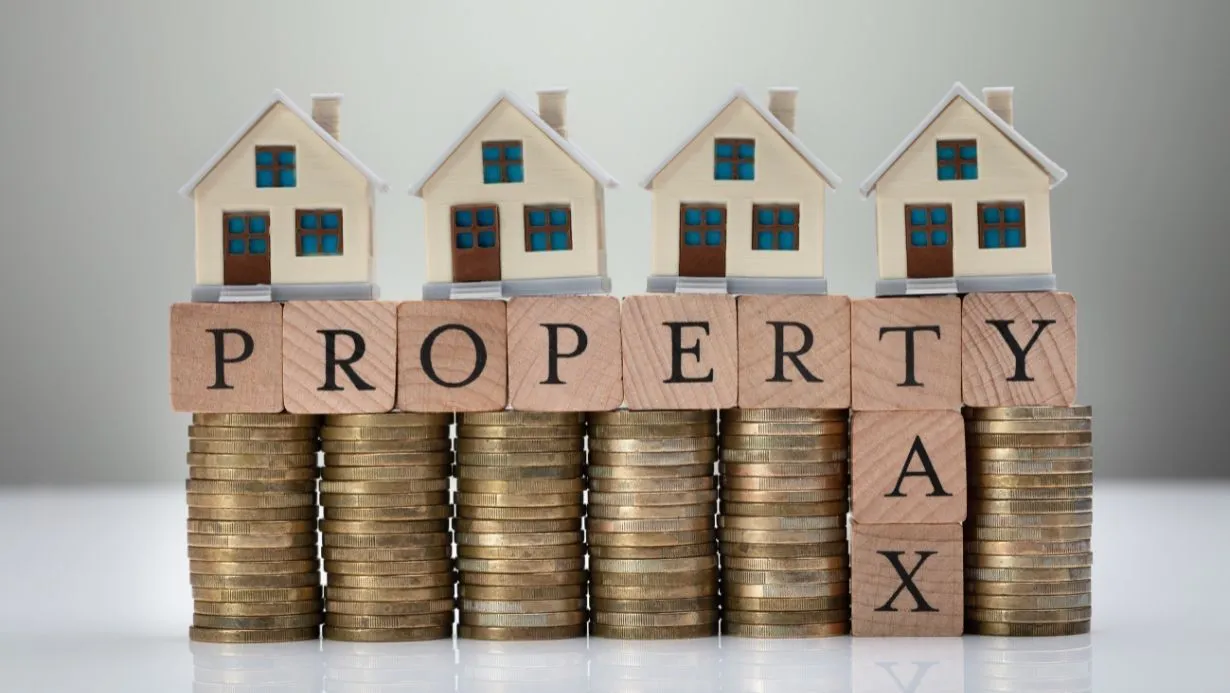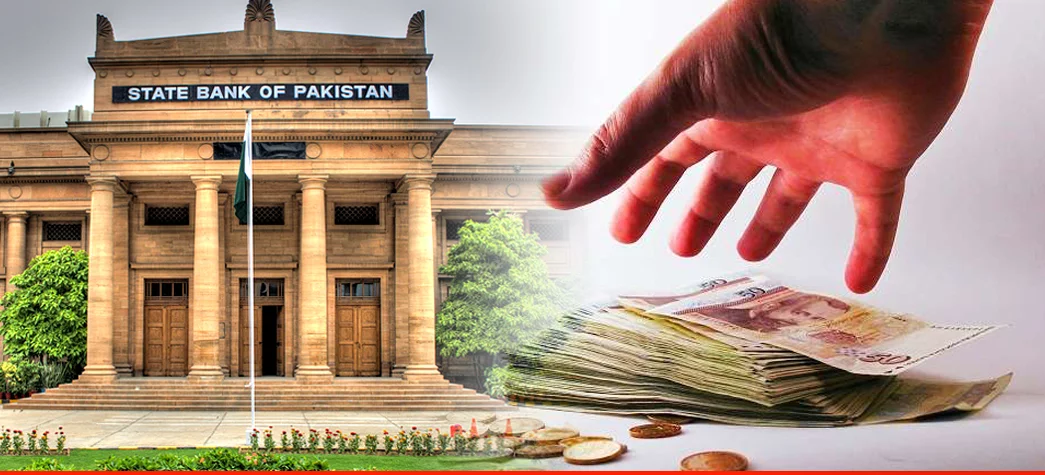Mohsin Siddiqui (Chief Reporter)
The Pakistan government is set to unveil significant tax reforms targeting the real estate sector in its budget for the fiscal year 2024-25, aiming to enhance revenue collection and stimulate economic growth. With the budget scheduled for presentation today, the proposed tax slabs have stirred both anticipation and apprehension within the real estate community.
Under the leadership of the Pakistan Muslim League-Nawaz (PML-N), the federal government seeks to introduce a growth-oriented budget with an estimated outlay exceeding Rs18 trillion. One of the focal points of the budget is the restructuring of taxation in the real estate sector, with plans to implement three tax slabs based on property value.
According to sources, individuals categorized as filers purchasing property valued at Rs50 million will incur a 3% tax, whereas non-filers will face a higher tax rate of 6%. Similarly, properties valued between Rs50 million and Rs100 million will be subject to a 4% tax for filers and a significantly higher rate of 12% for non-filers. In the third tax slab, non-filers involved in transactions exceeding Rs100 million will be subjected to a 5% tax, while the tax rate for filers will remain at 15%.
Real estate experts have been actively engaged in providing recommendations to Finance Minister Muhammad Aurangzeb regarding the proposed tax reforms. Ahsan Malik, a prominent figure in the real estate sector, has expressed concerns over the potential ramifications of imposing higher taxes. Malik highlights the sector’s recent struggles, warning that excessive taxation could exacerbate the situation by driving away investment from Pakistan.
In light of these concerns, Malik has advocated for several measures to mitigate the adverse effects of the proposed tax reforms. He suggests a reduction in District Collector (DC) rates by 33% to better align with the actual market value of properties. Additionally, Malik calls for the elimination of the 3% income tax under Section 236C on land sales, proposing a reduction in income tax rates on land and flat sales to 1% in the upcoming fiscal year.
Furthermore, Malik recommends a reduction in the tax burden for non-filers under Section 236-C from 10.5% to 6%, emphasizing the need to incentivize compliance while ensuring equitable taxation practices. Additionally, he proposes special tax concessions for widows who are non-filers when purchasing property, aiming to provide financial relief to vulnerable segments of society.
As the budget presentation approaches, stakeholders in the real estate sector await further details regarding the proposed tax reforms and their potential implications. The government’s efforts to strike a balance between revenue generation and sectoral growth will be closely monitored, with hopes for measures that foster investment and promote sustainable development.




